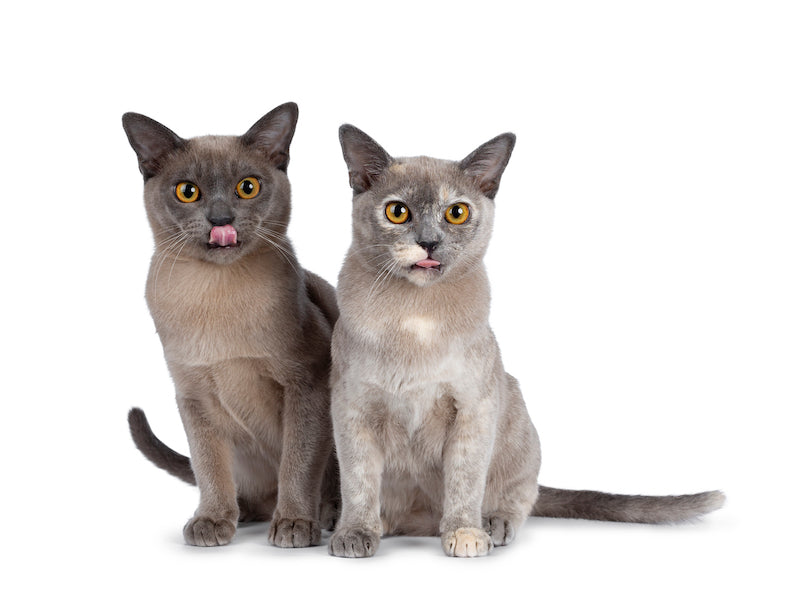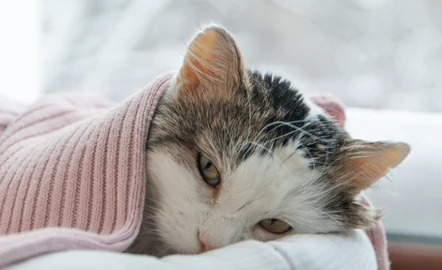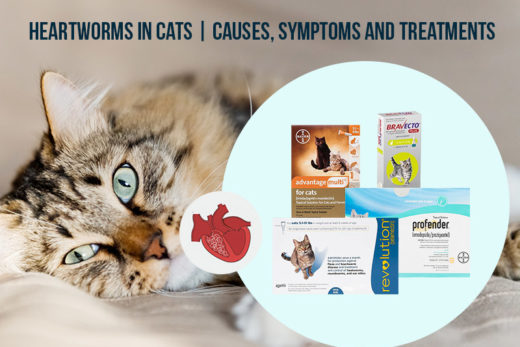Basepaws seeks citizen science partners to participate in its feline diabetes mellitus (Type II) study. Don’t miss this opportunity to help advance new screening tools for earlier detection of this disease that could inform new approaches to intervention and treatment of this common feline endocrine disorder—recruitment closes at the end of May 2022!
Feline diabetes
Diabetes mellitus is an endocrine system disorder that occurs as a result of the inability of the pancreas to regulate blood sugar. It is the second most common endocrine disorder (after hyperthyroidism) in cats. Similar to humans, the majority of affected cats suffer from Type II diabetes, where blood glucose levels are high because the cells in the body are unable to respond properly to insulin. Little is known about the genetic risk factors in feline diabetes; however, both human and feline Type II diabetes share environmental risk factors, such as physical inactivity and obesity, dry food diets, and taking corticosteroids.
Studies show that diabetes mellitus is commonly seen in Domestic Shorthair and Longhair cats, as well as the Burmese, Tonkinese, Russian Blue, and the Norwegian Forest Cat (see also Rand et al 2008 about overrepresentation of diabetes in Burmese cats in Australia, O’Neill et al. 2016 on Burmese in the UK, and Öhlund et al. 2015 on higher risk for diabetes in Burmese, Russian Blue, Abyssinian, and Norwegian Forest Cats in Sweden).

The Basepaws diabetes mellitus research program aims to better understand the genetic and oral microbiome factors associated with a cat’s increased risk for the disease. Research results could inform the development of an affordable at-home screening test that identifies a cat’s genetic predisposition to diabetes and any signs of active disease in a cat’s mouth.
Screening tools for earlier detection of diabetes can equip pet parents with a better understanding of the disease and help them to address it with their veterinarian before it reaches an advanced stage. They can also help streamline a veterinarian’s diagnosis and efforts to create an individualized treatment plan that will improve overall prognosis for cats affected by diabetes.





